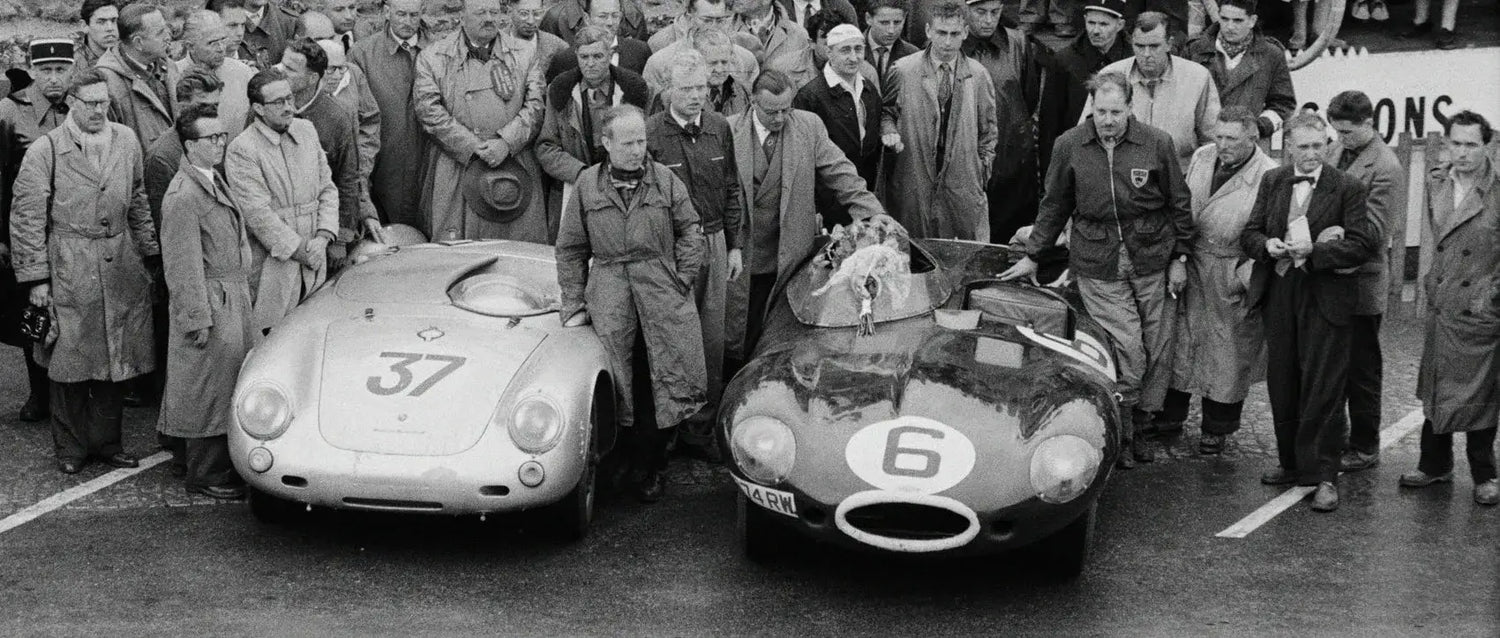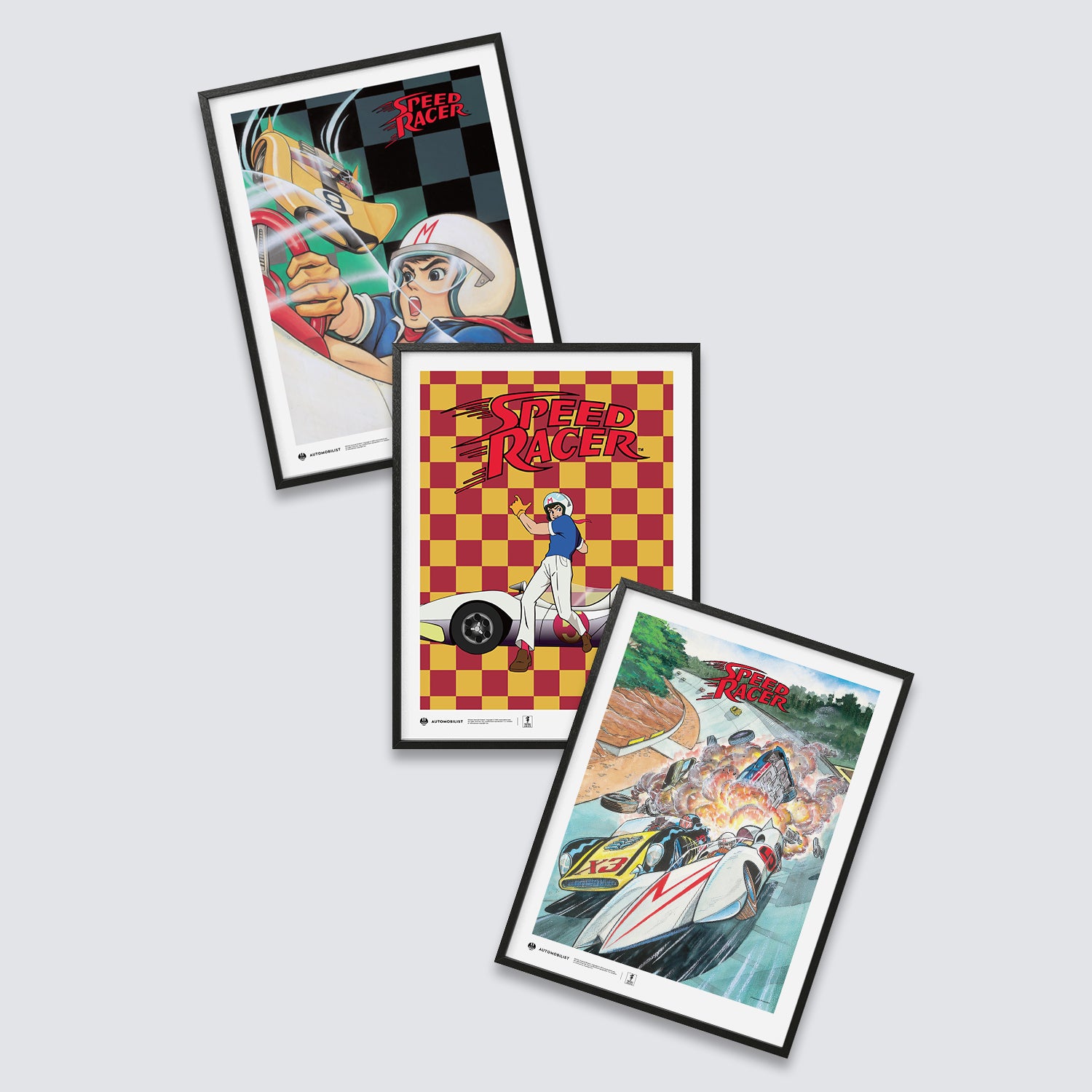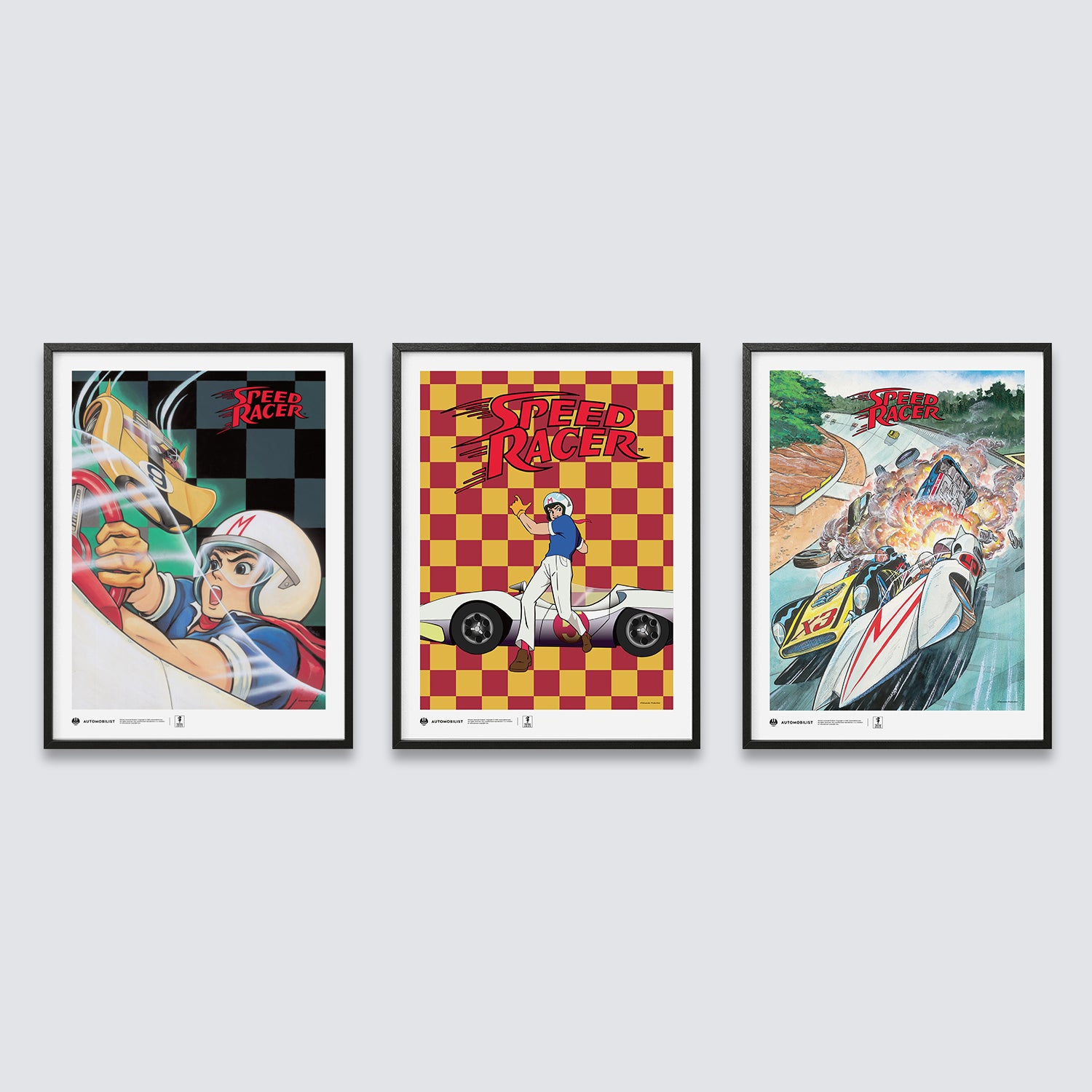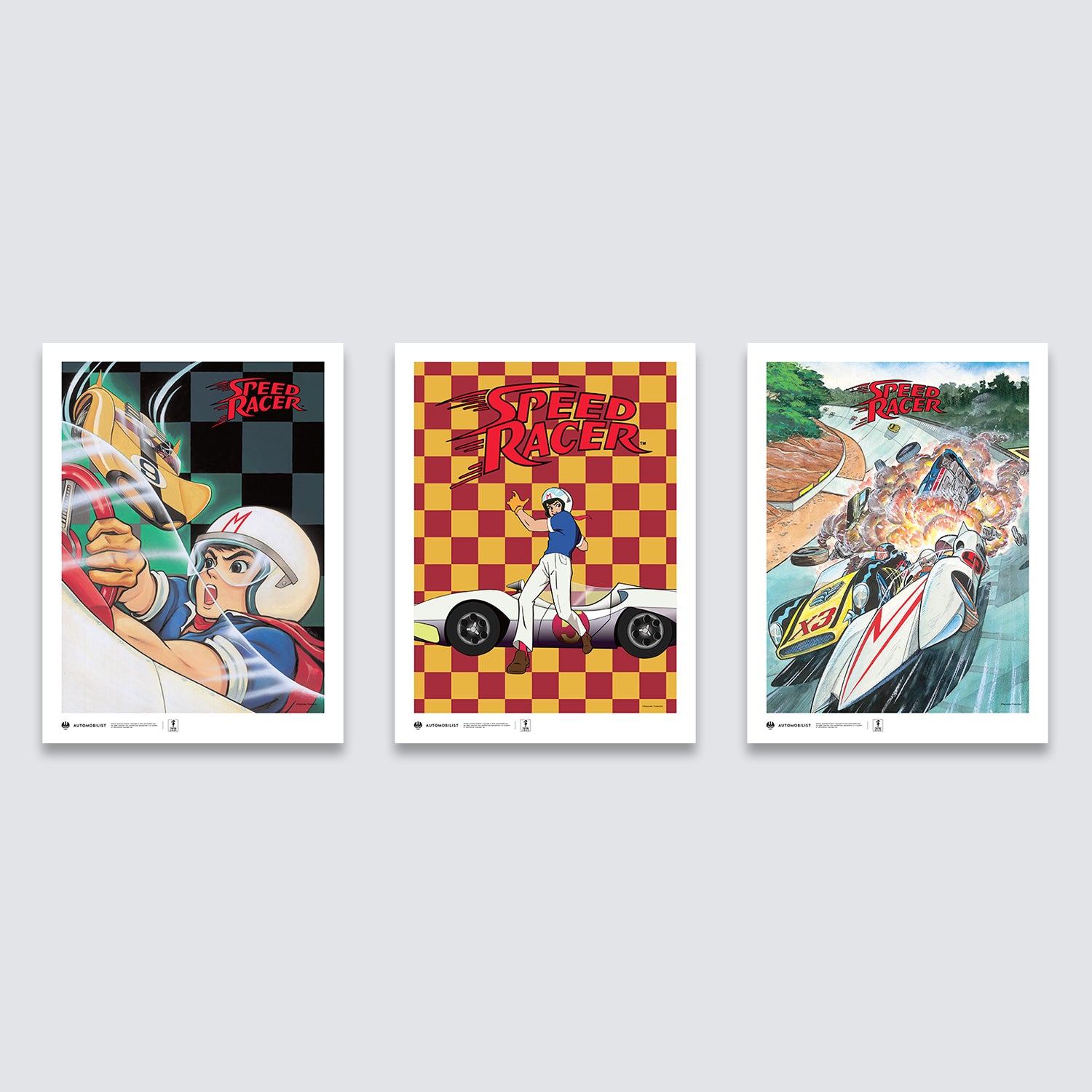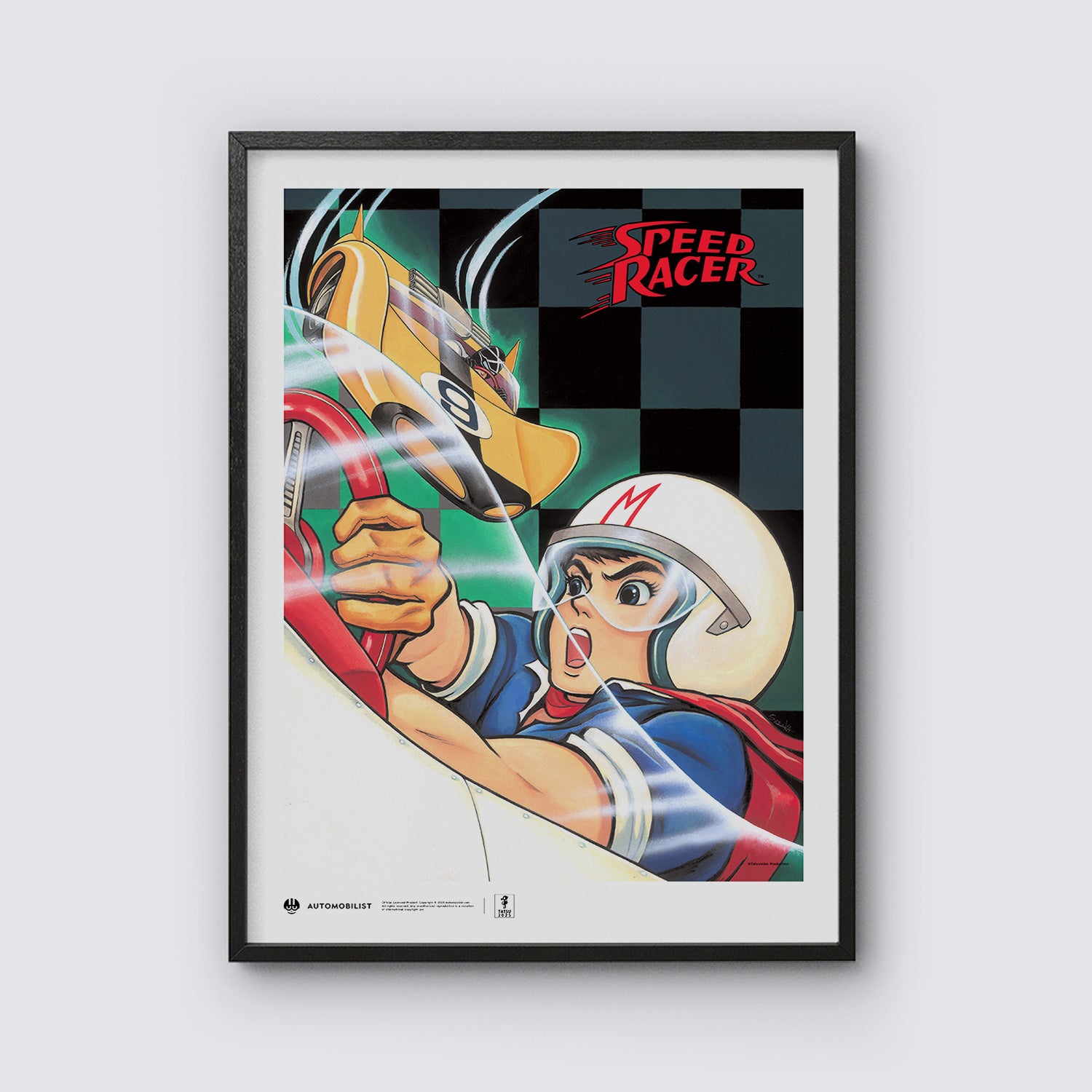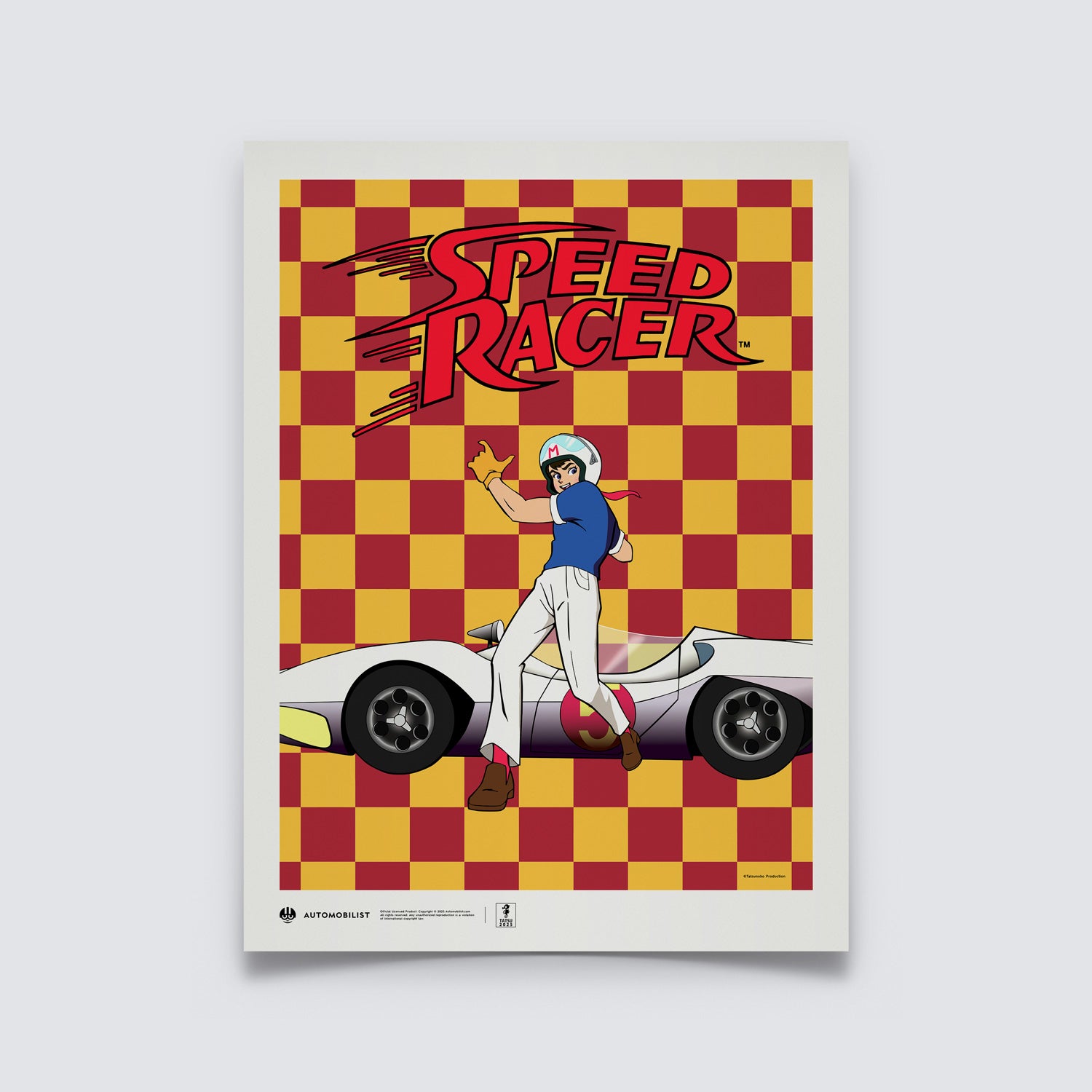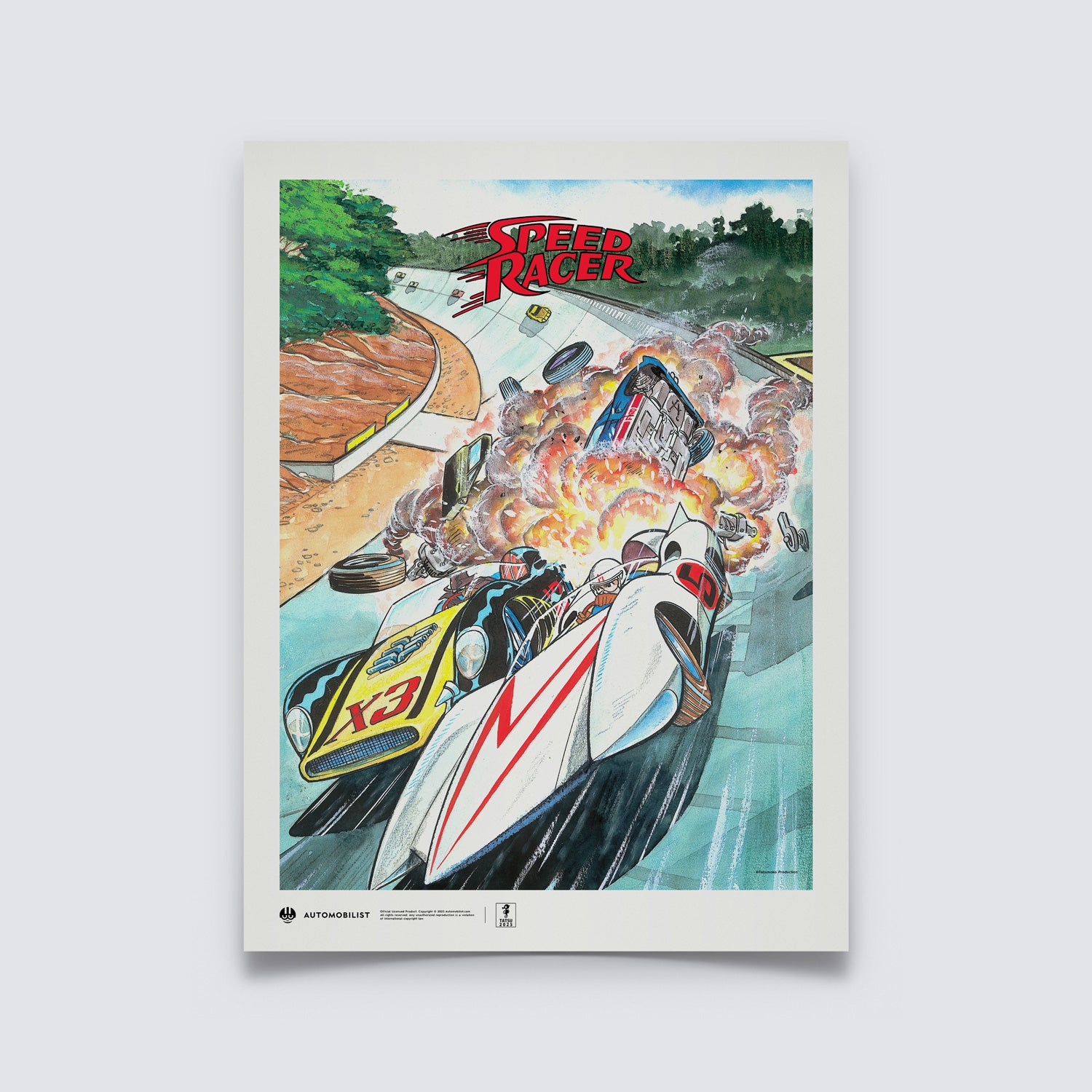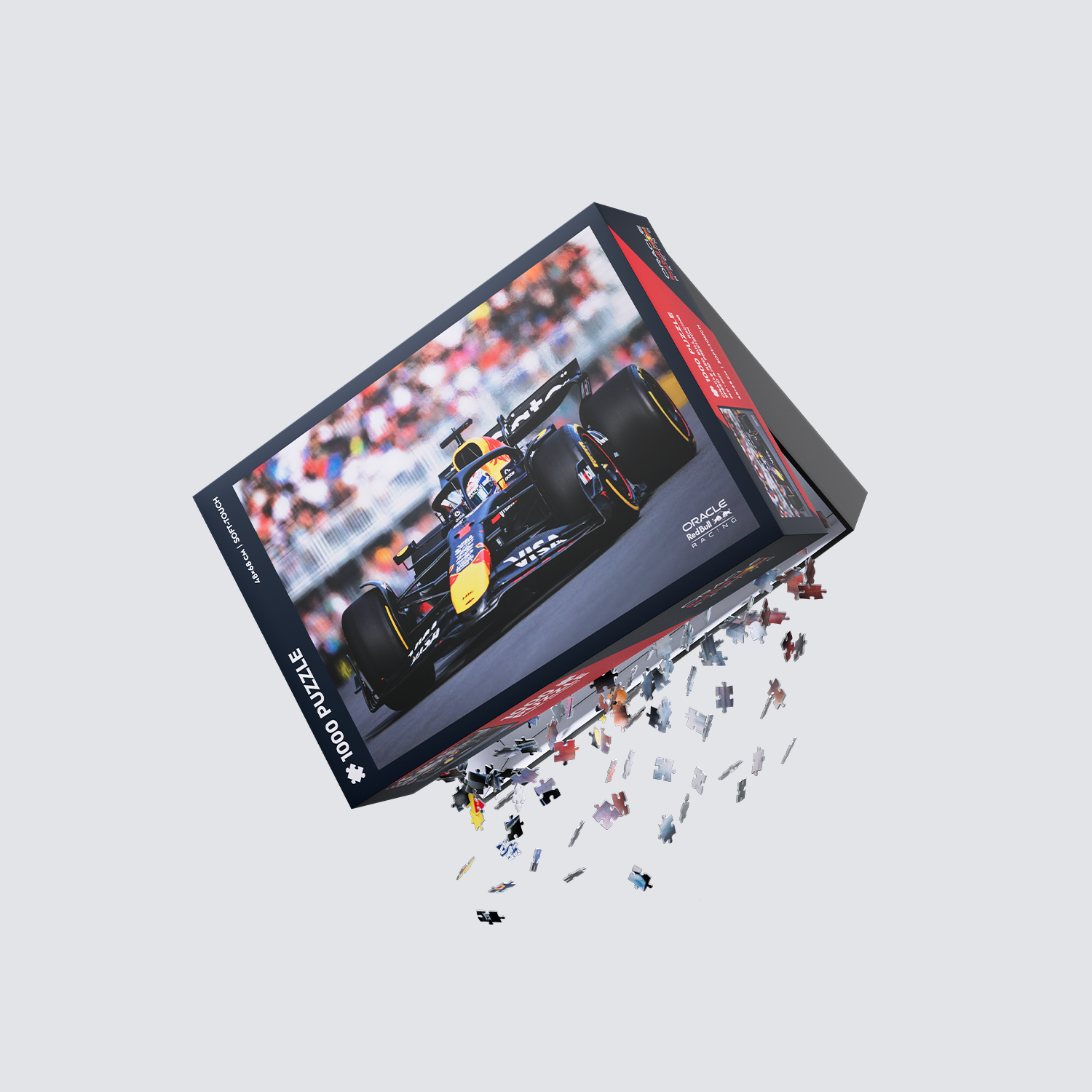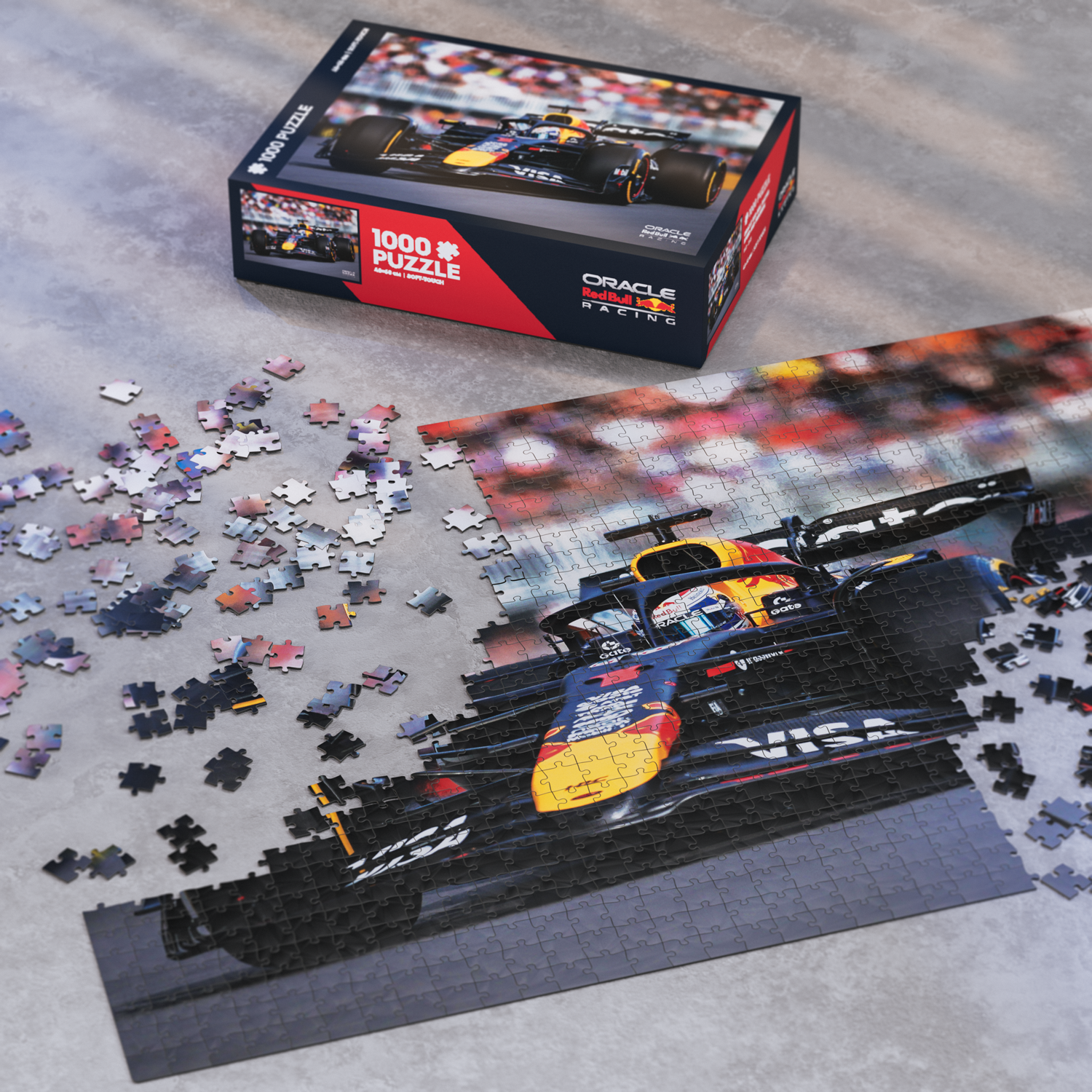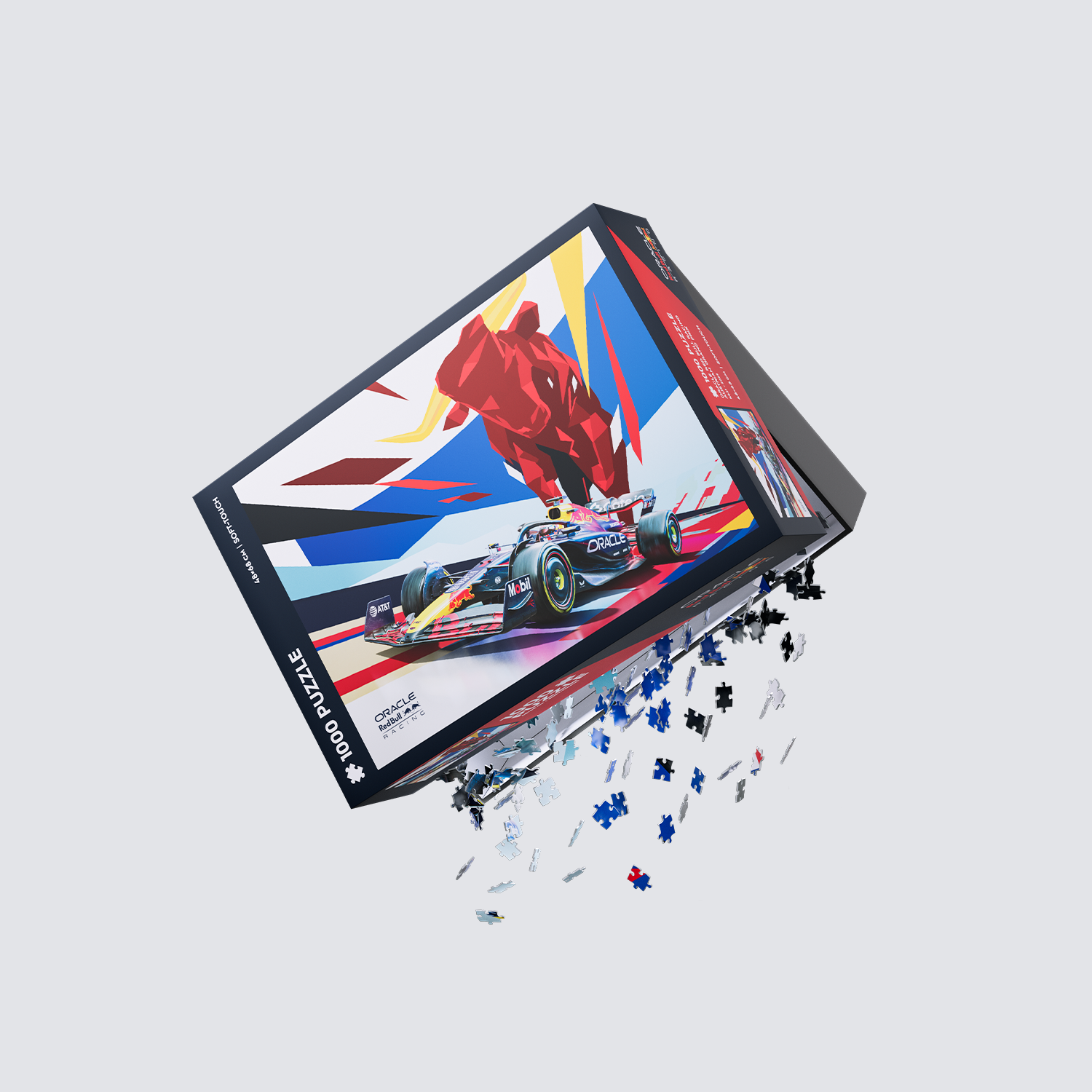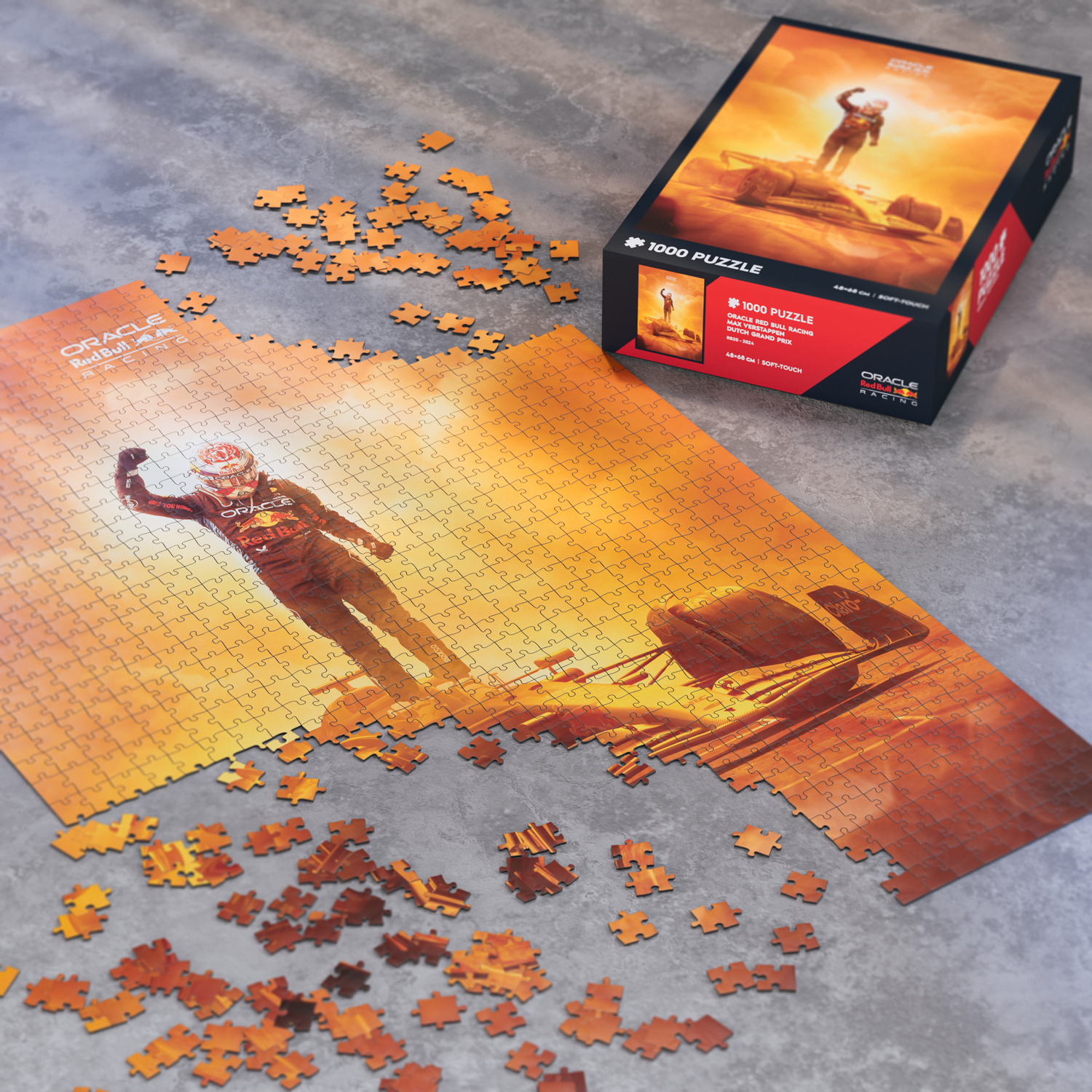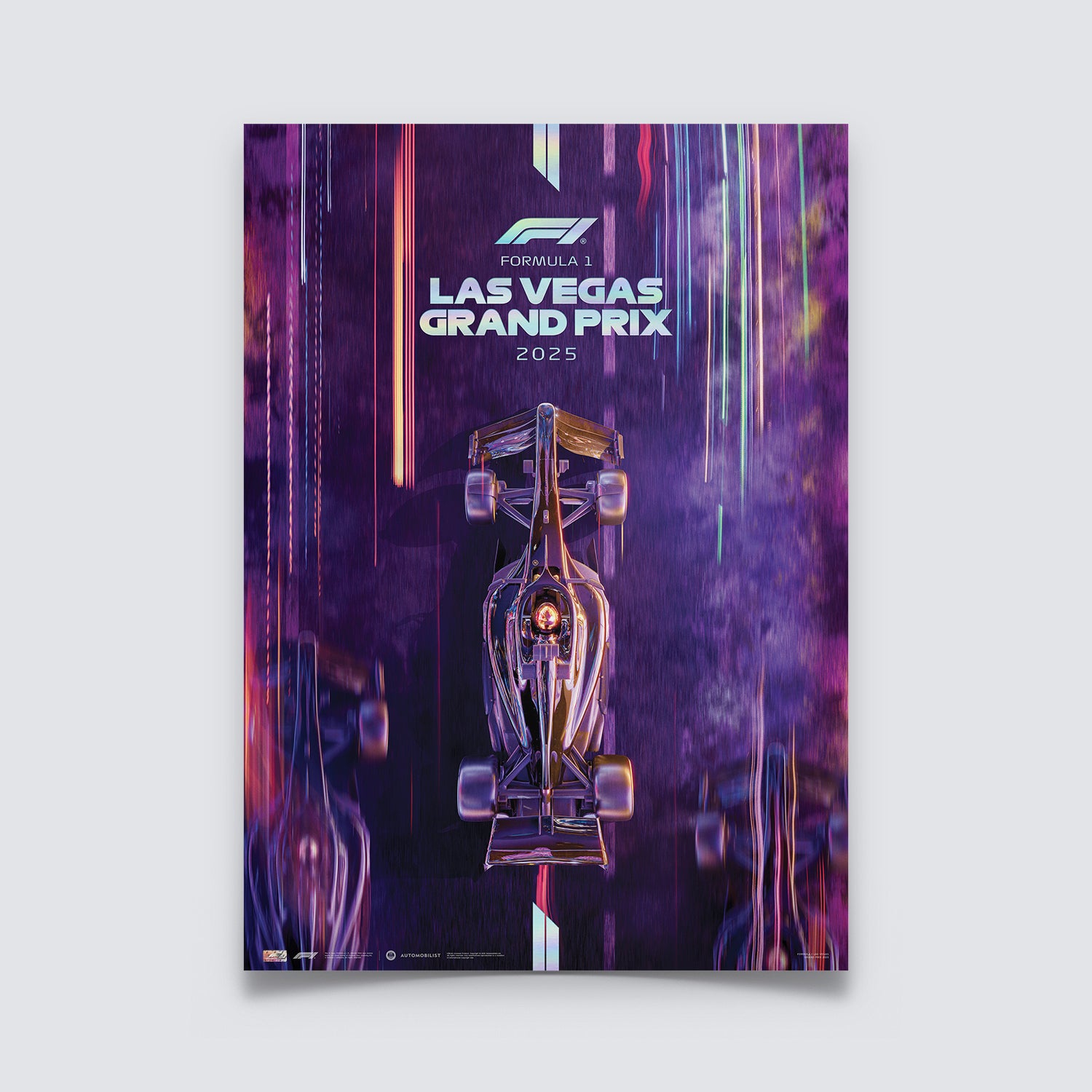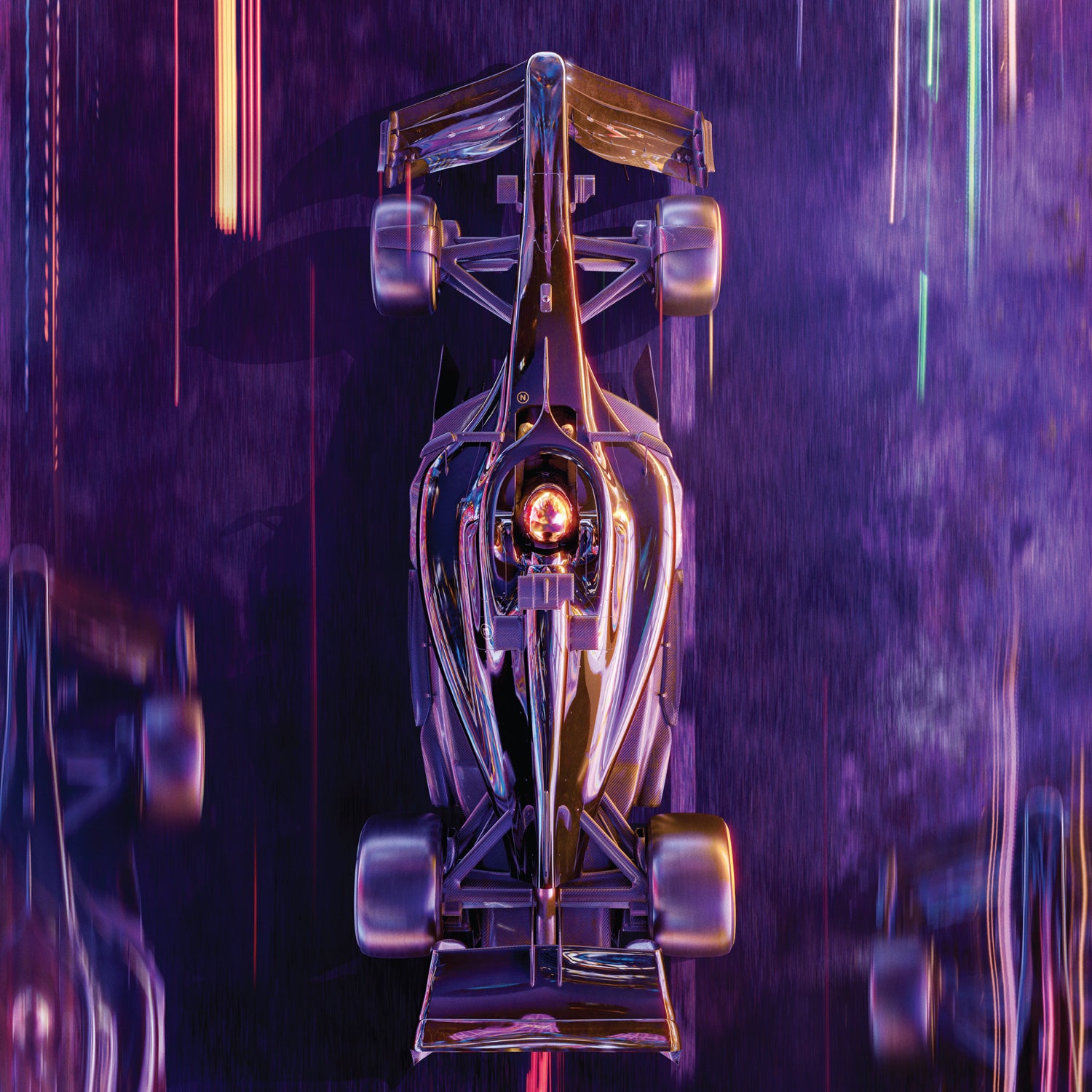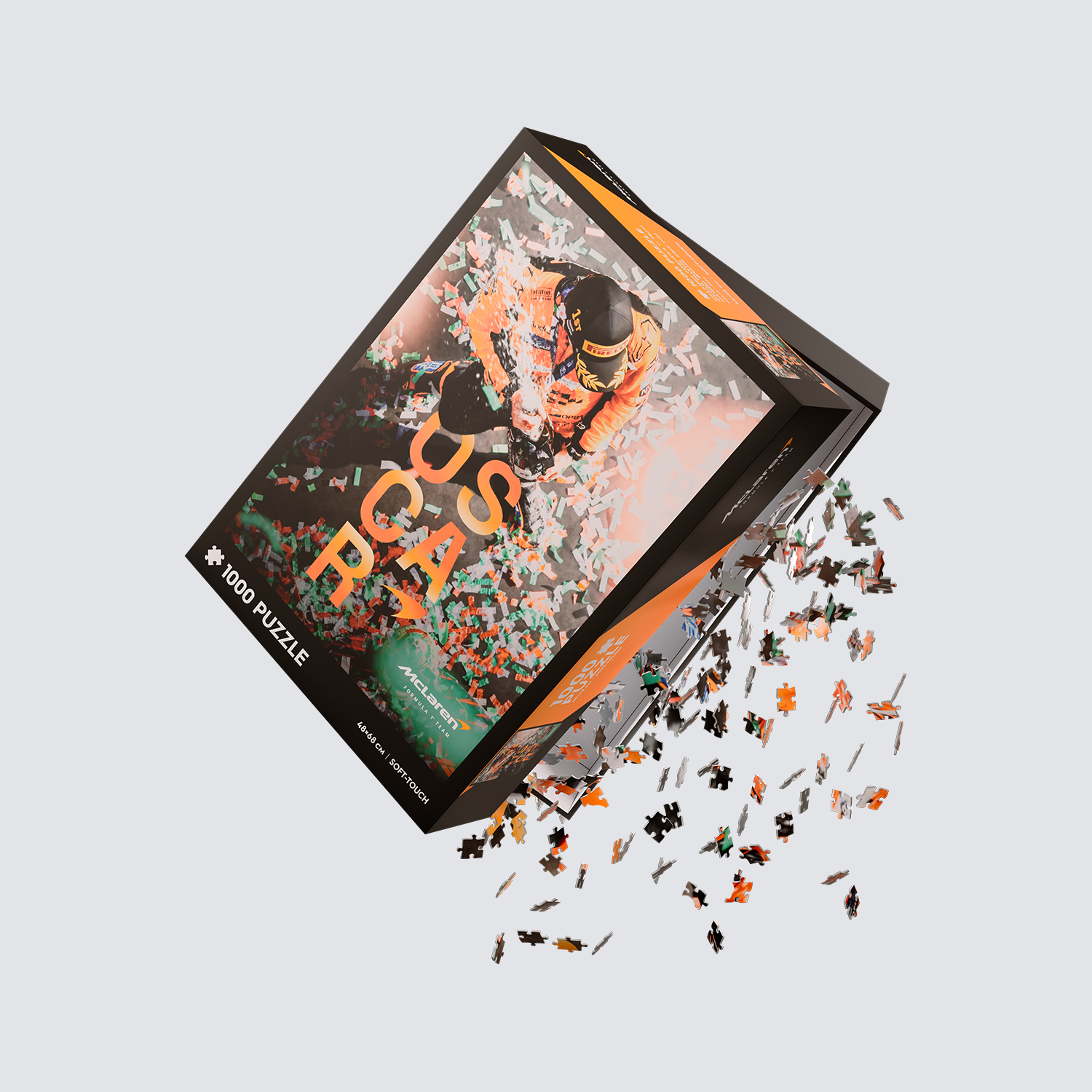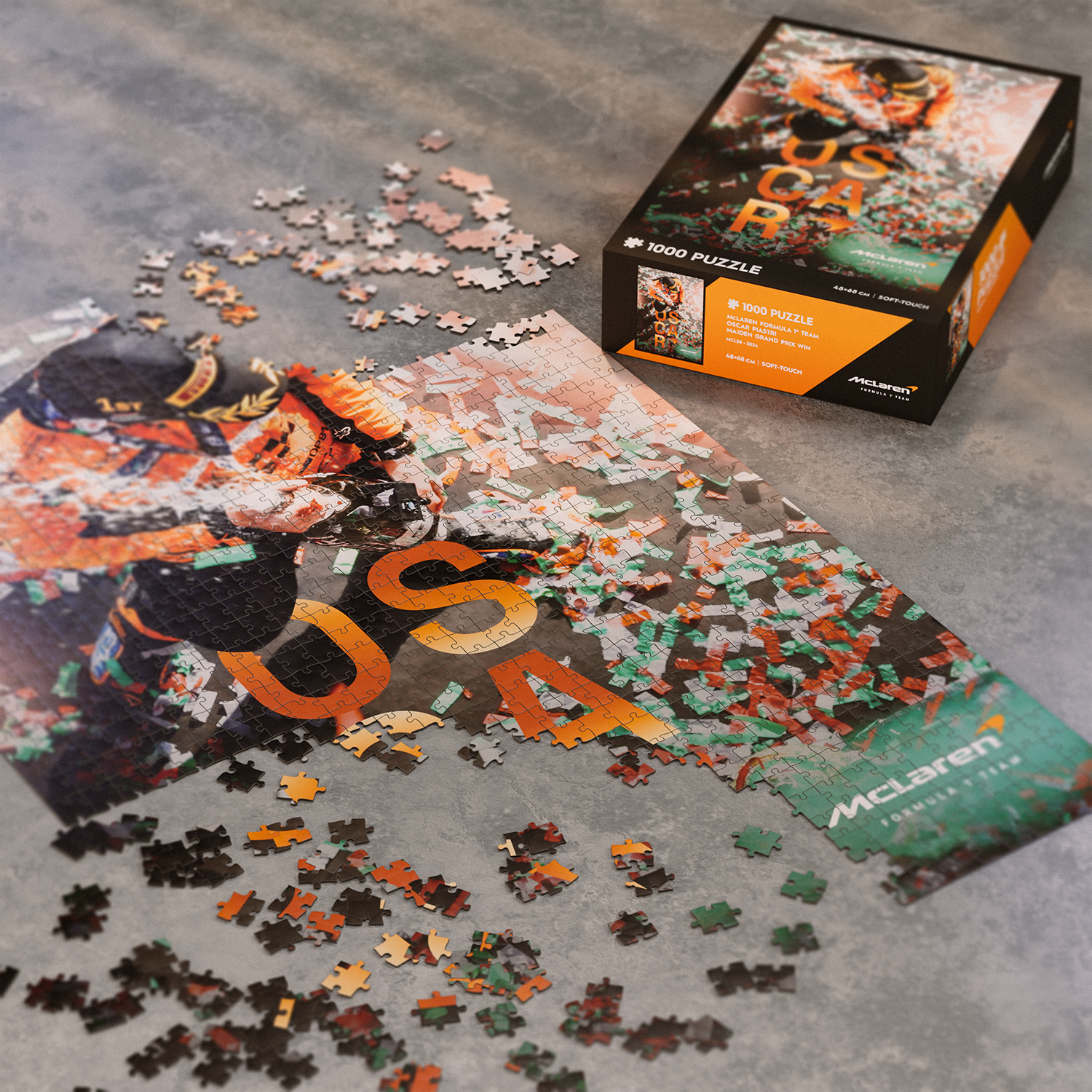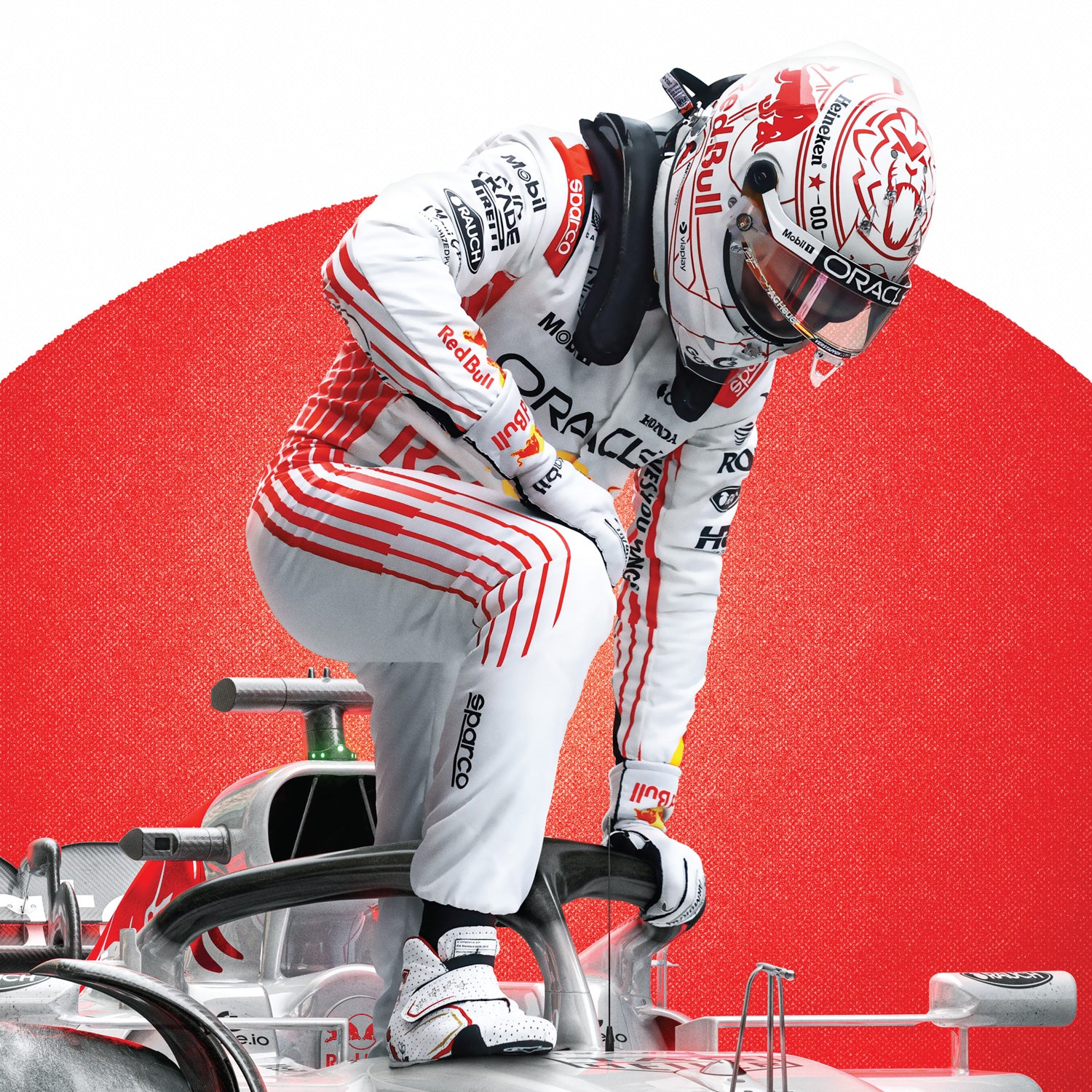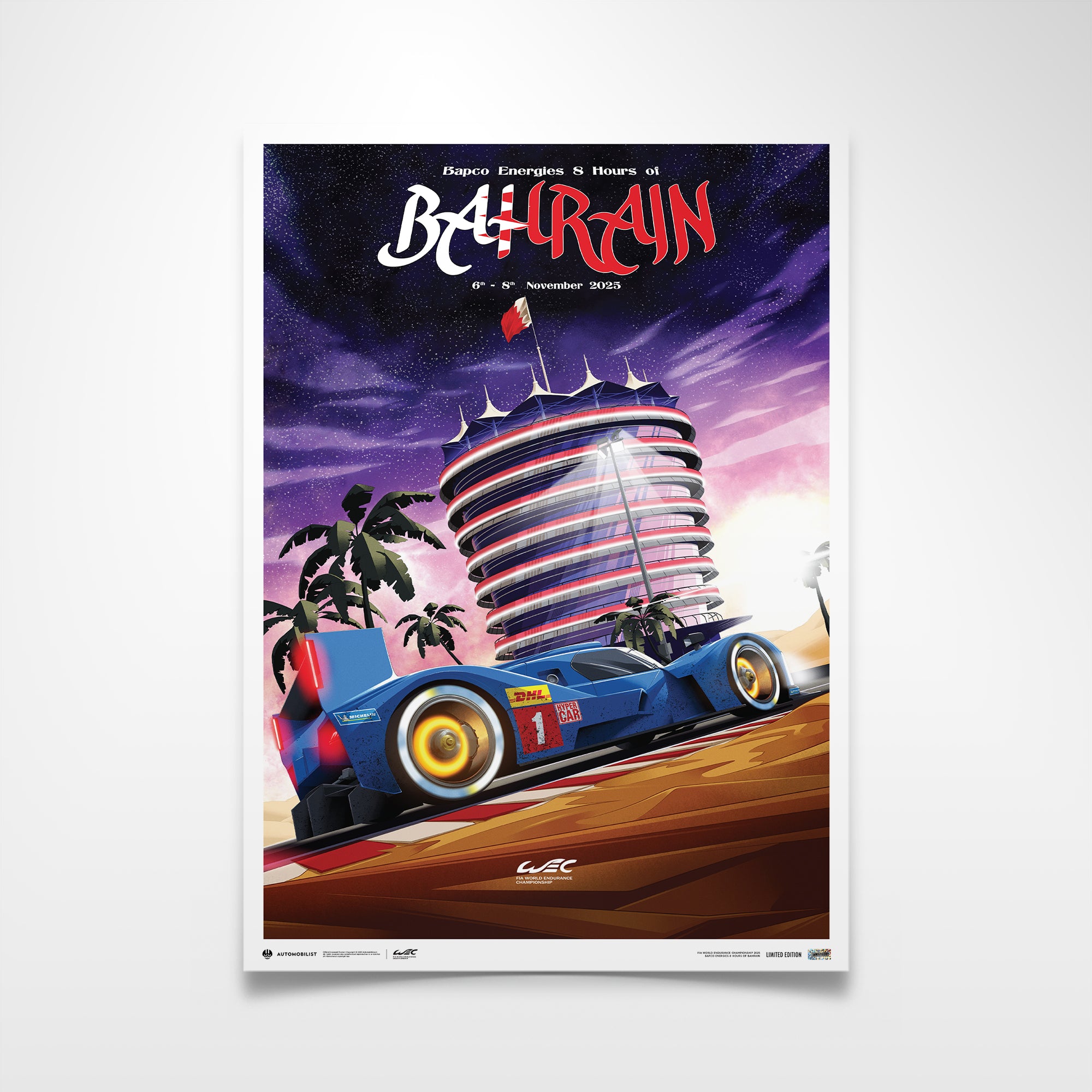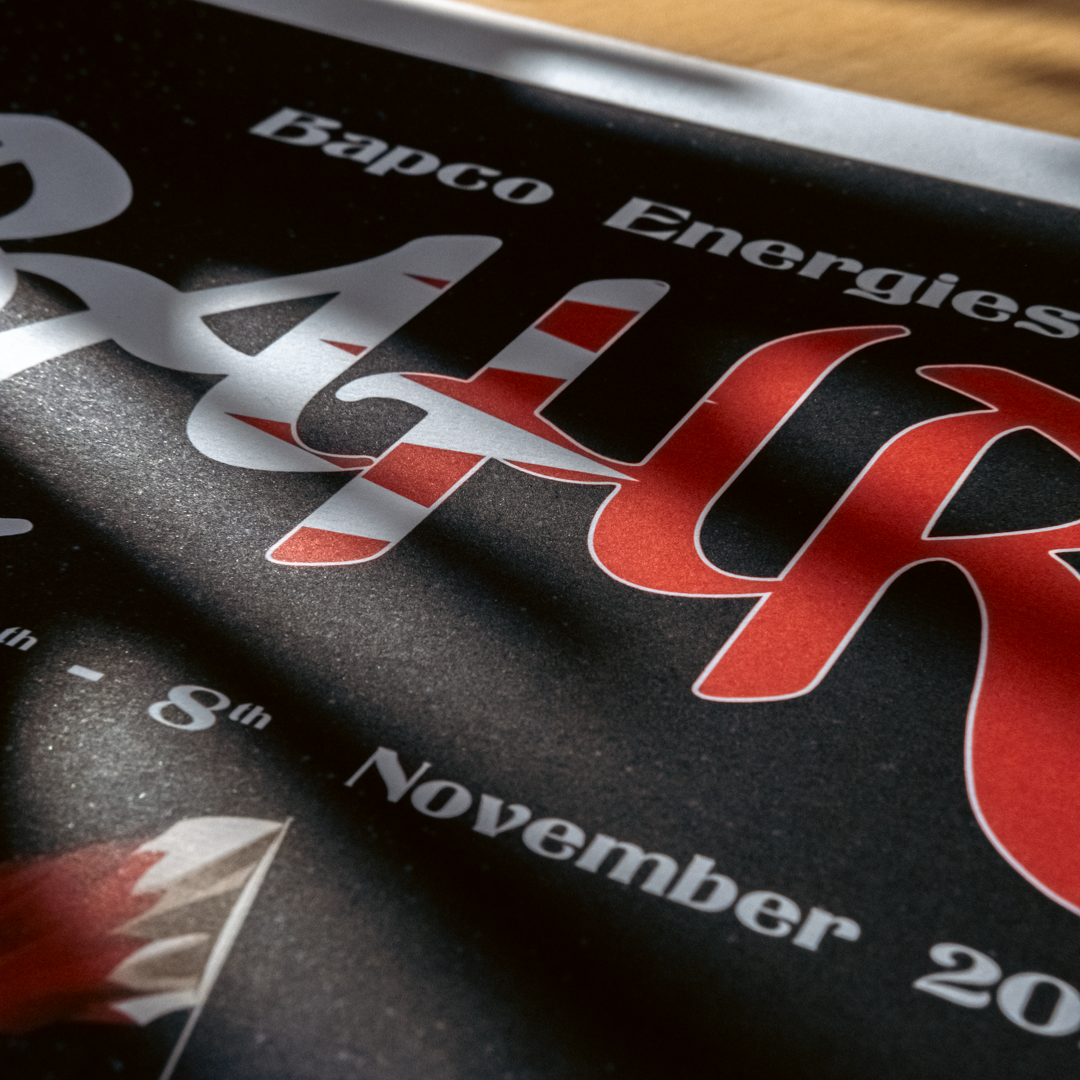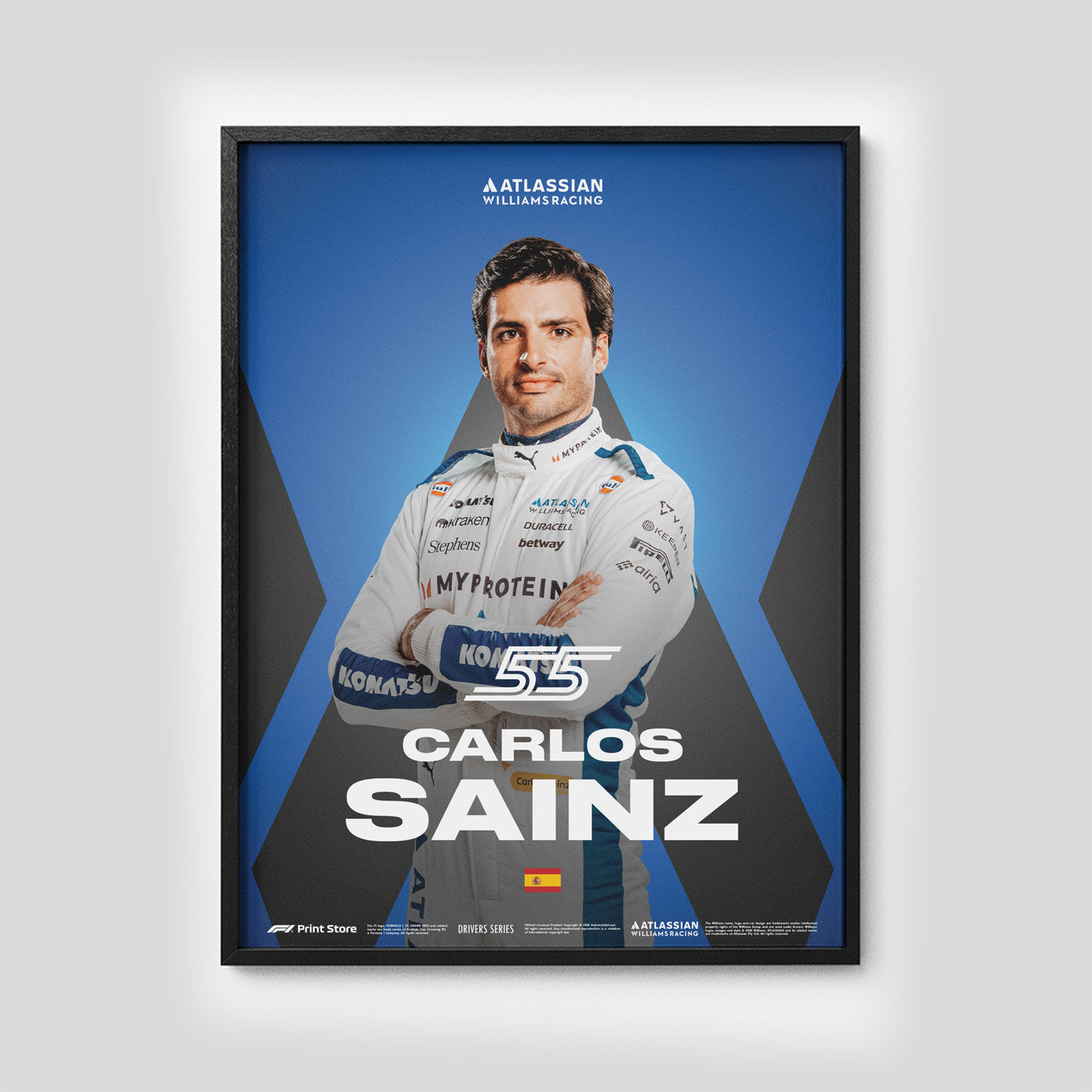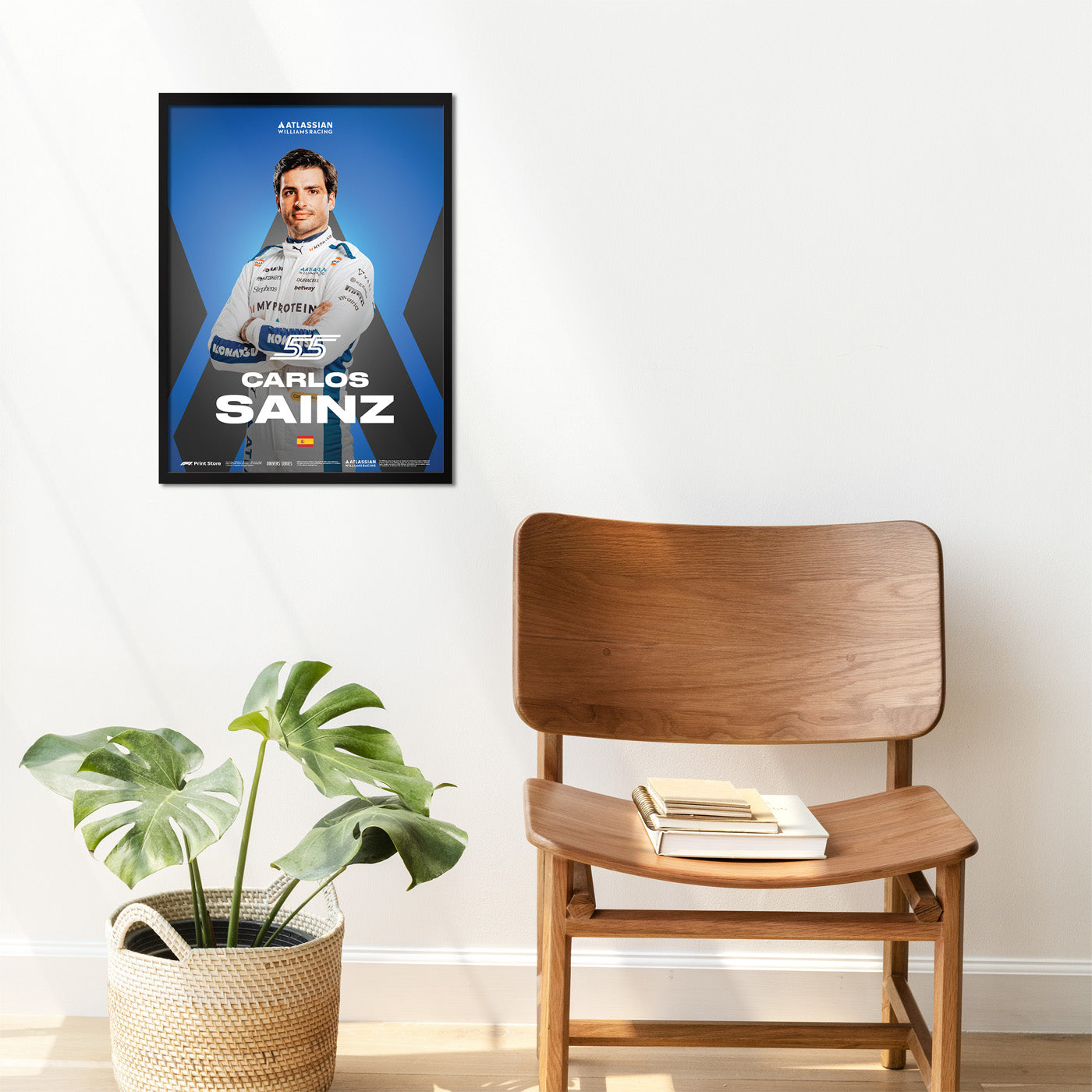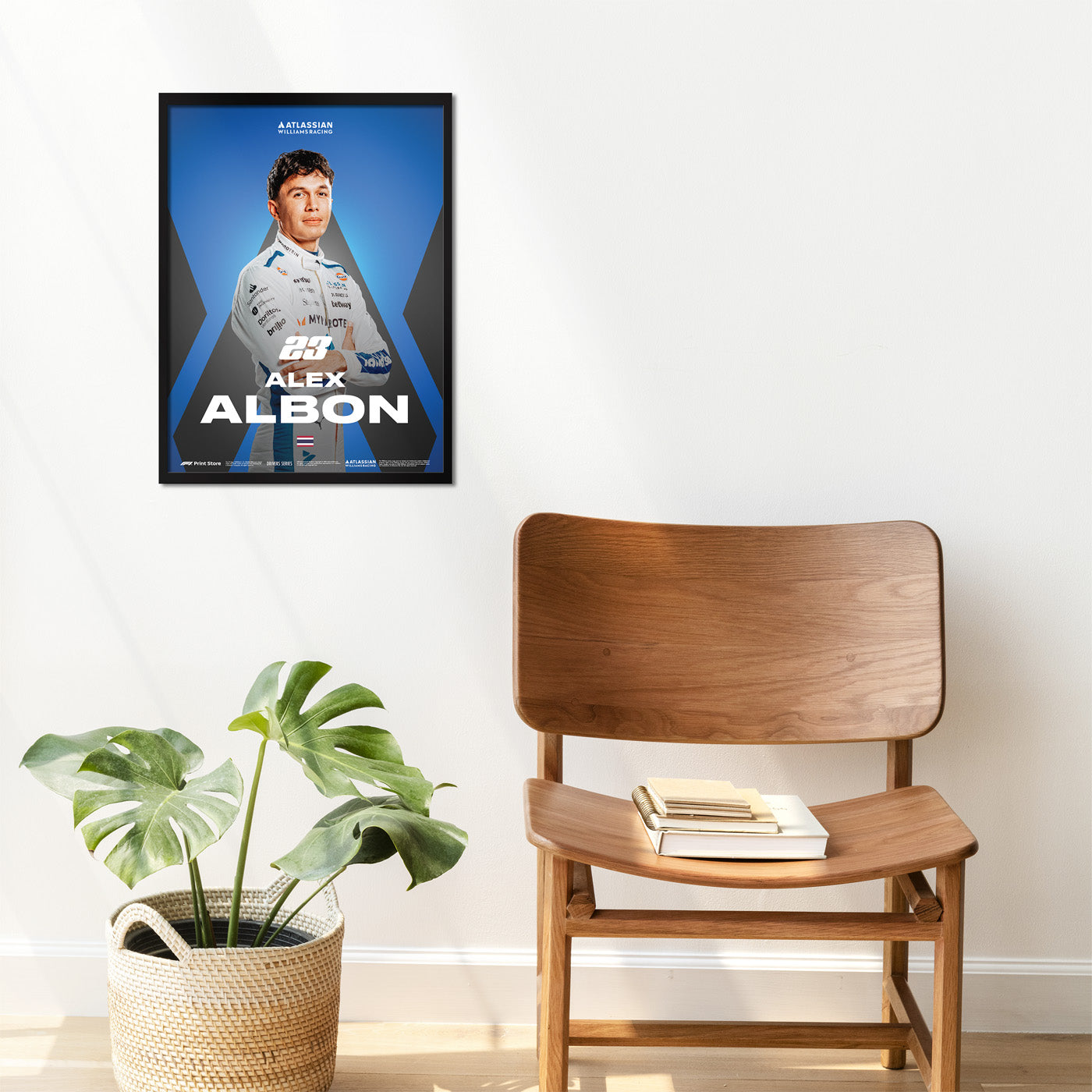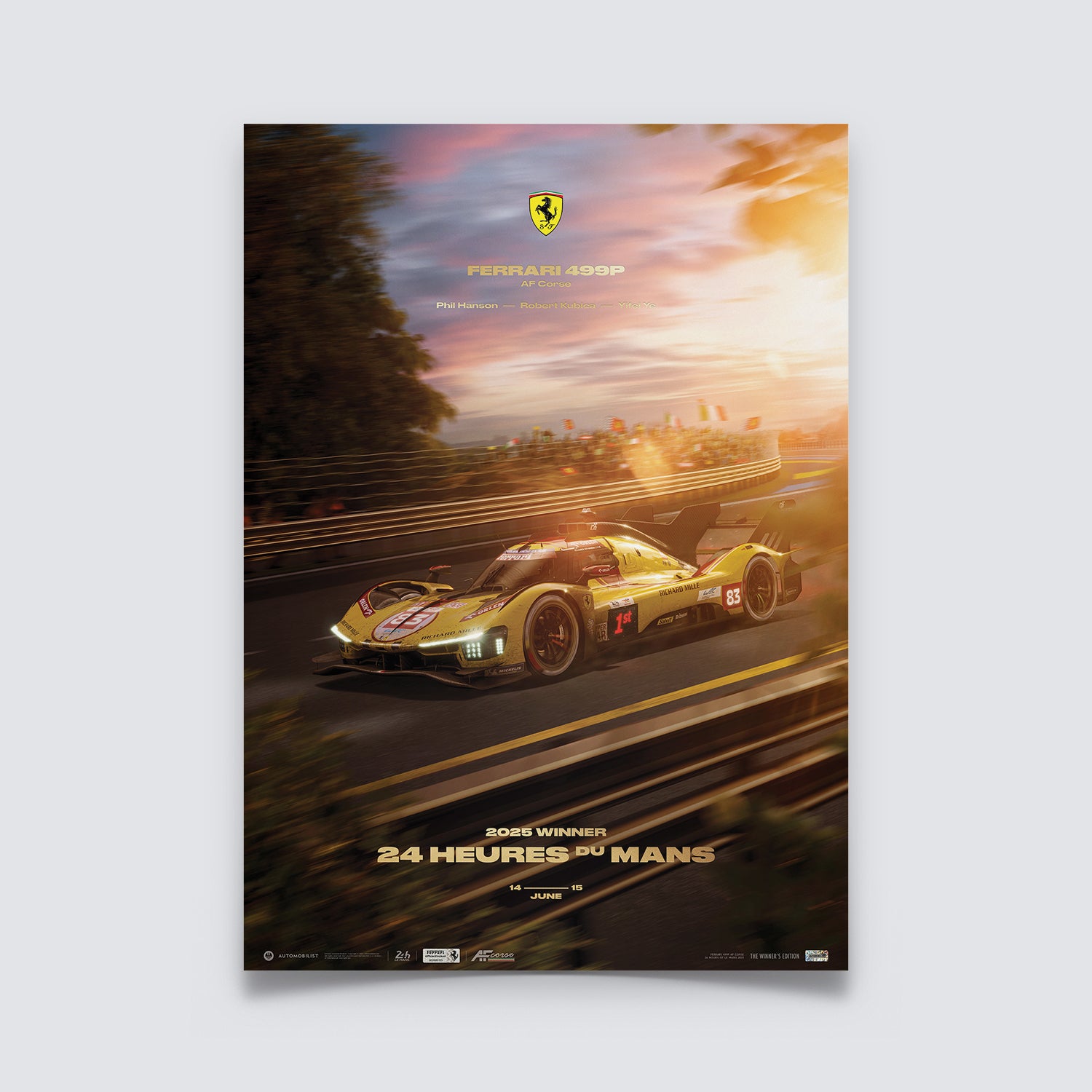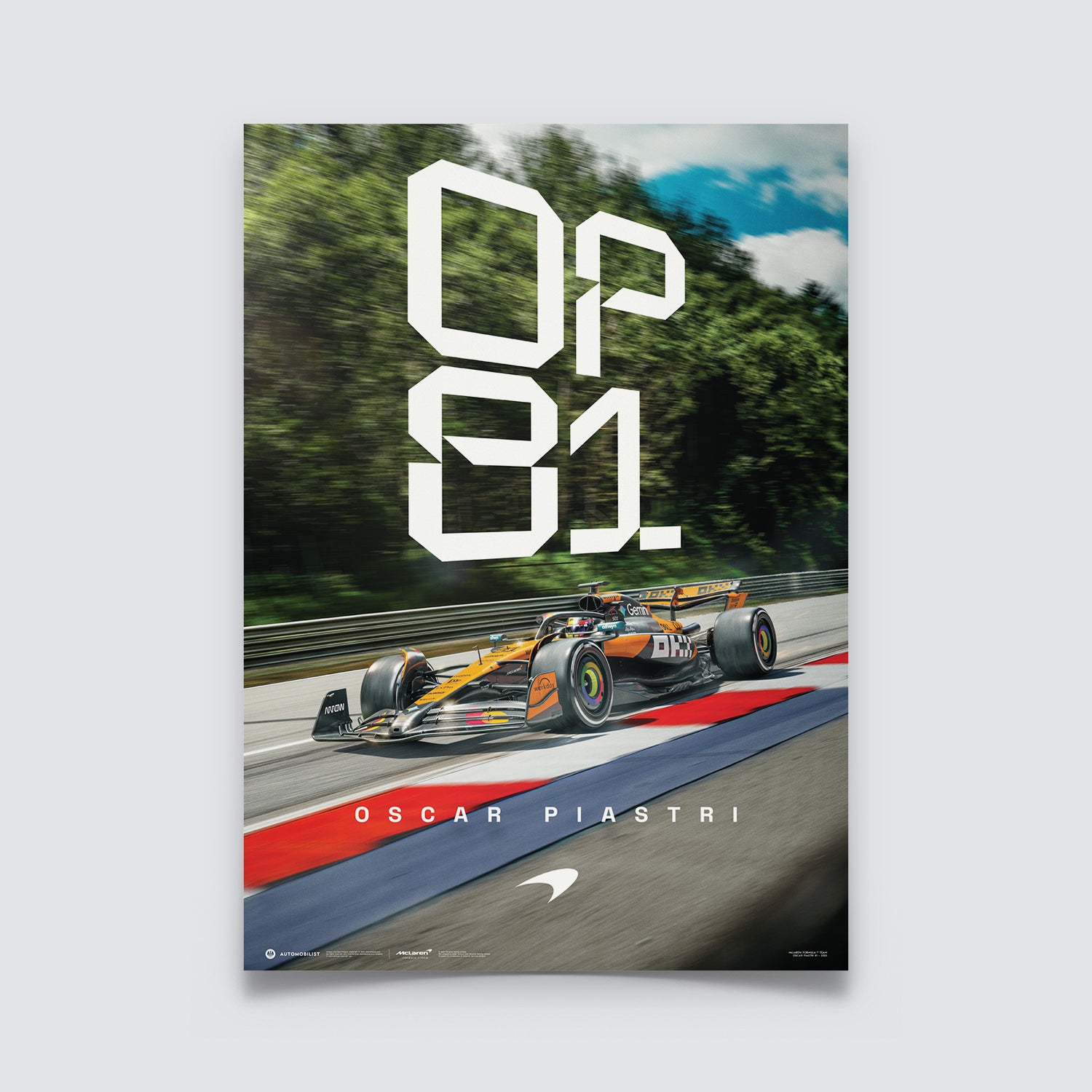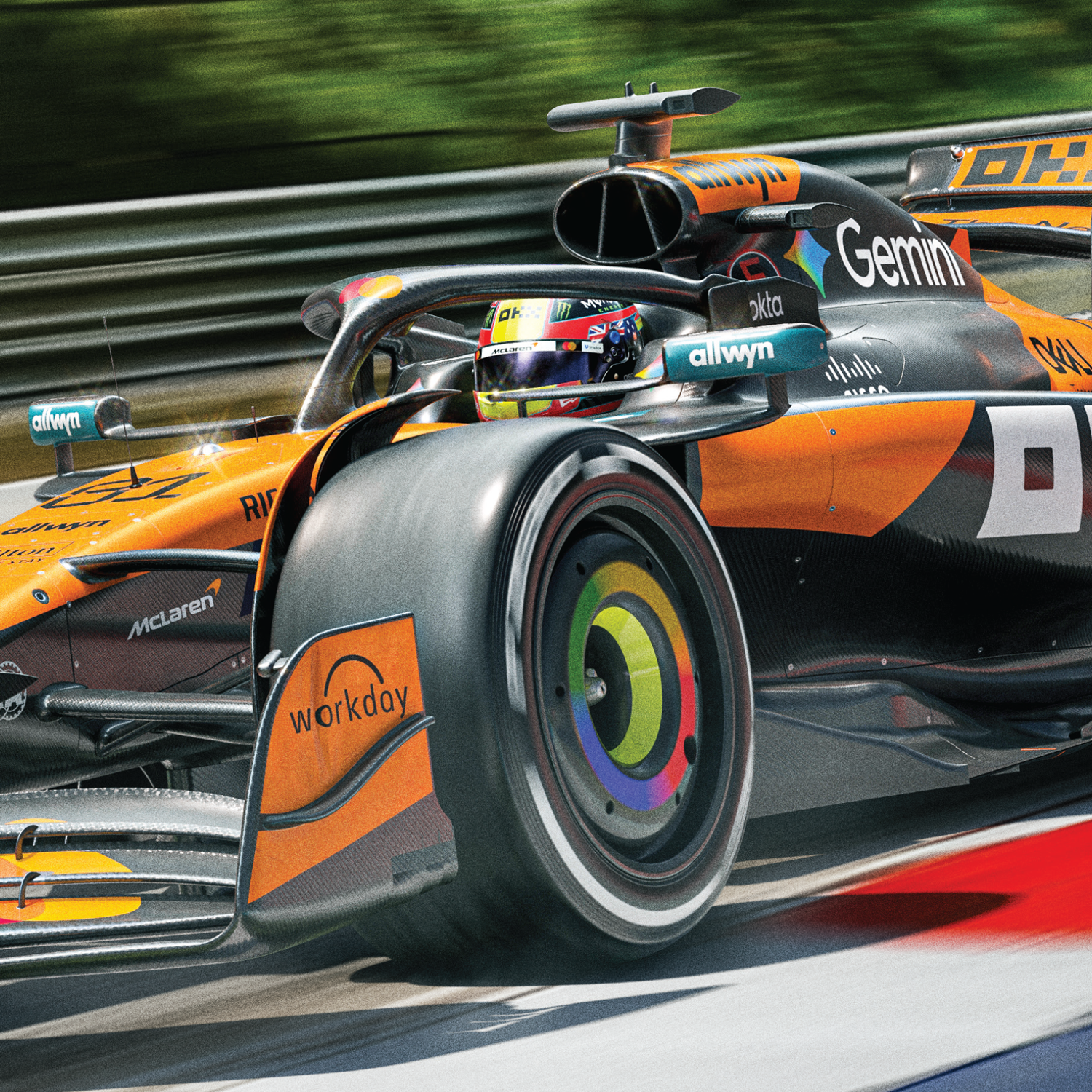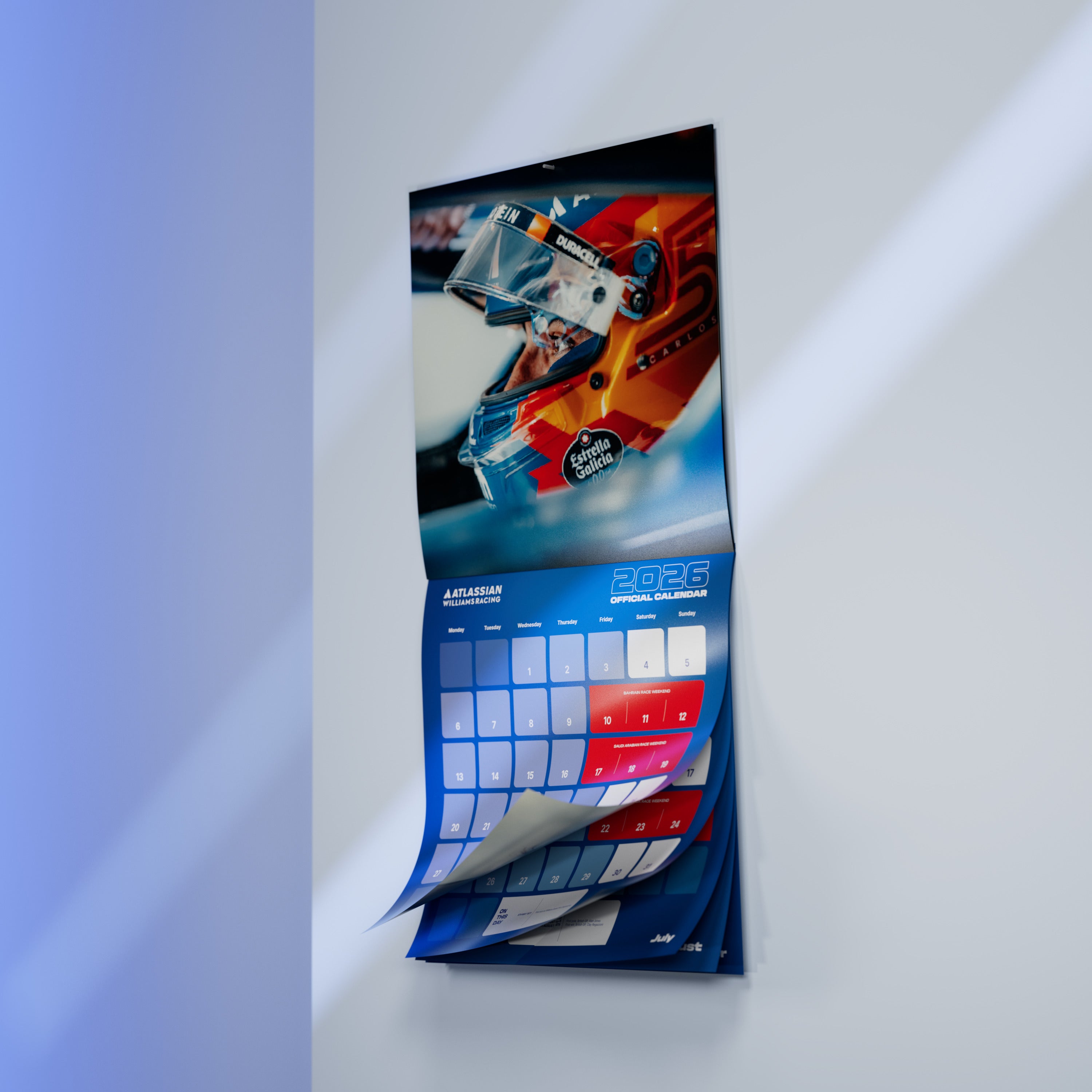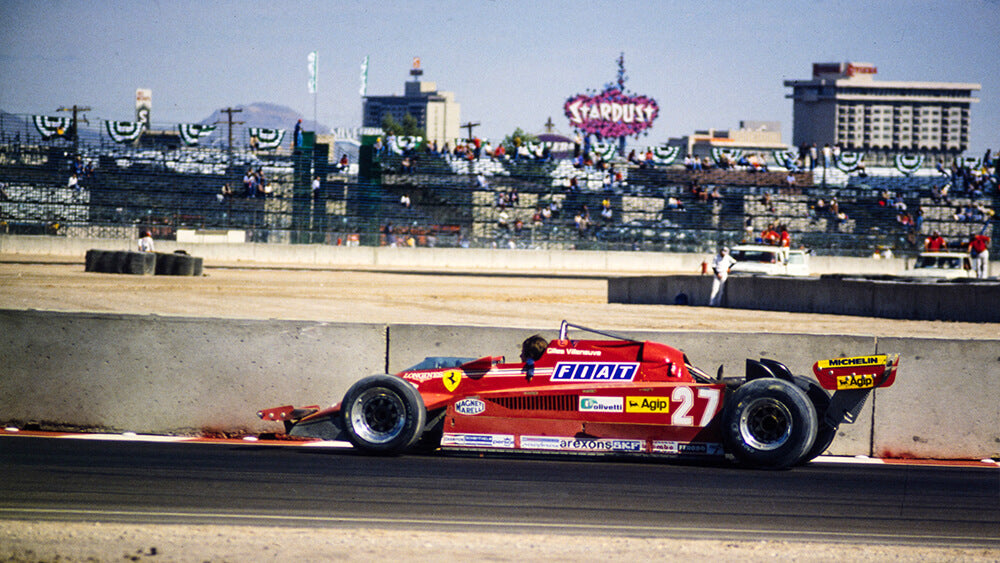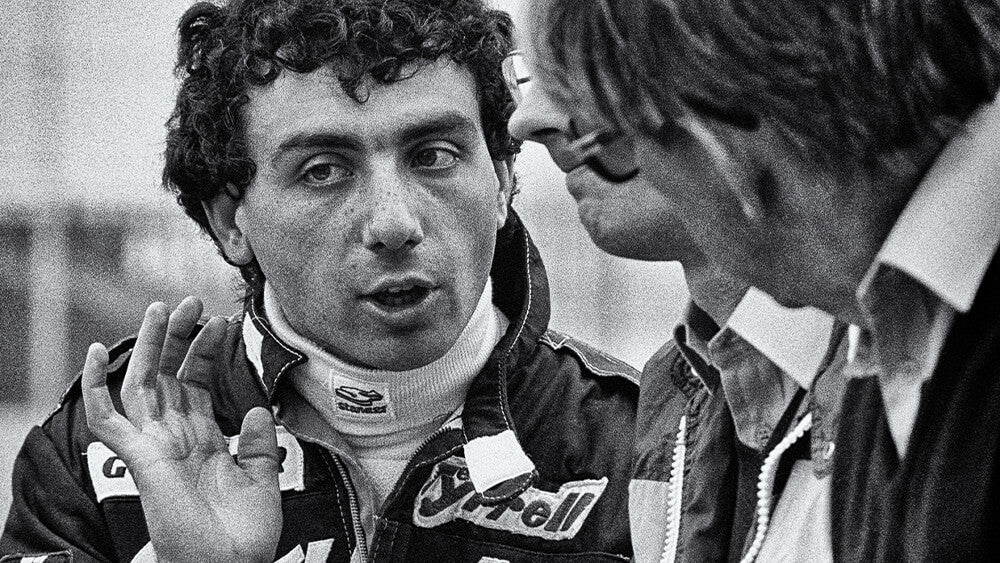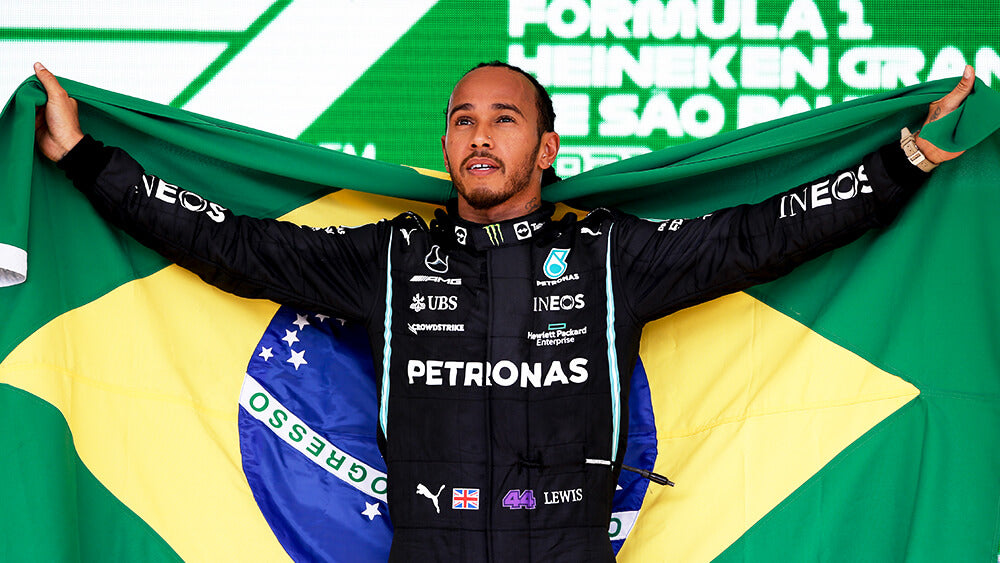How Mike Hawthorn won Jaguar’s first Le Mans race – but left a trackside holocaust in his wake that would change racing forever.
The 1955 Le Mans race was always set to be a memorable one. After a promising second-place finish for its D-type the previous year, Jaguar returned to La Sarthe with a revised version of the car it had purpose-built to win the world’s greatest endurance race. Title-holder Ferrari was back with a gaggle of six-cylinder 121LMs. And Mercedes, which had just proved the potency of its new 300SLR sports-racer by winning the Mille Miglia, had thrown its Tyrolean into the ring with an all-star team that included Moss, Fangio and Kling. Practice times had been front-page news; everything was in place for an epic Coventry-Modena-Stuttgart showdown.

A SPRINT FROM THE START
As was tradition, 4pm saw the drivers dash across the track, start their cars and head off in a flurry of noise and exhaust fumes in front of a quarter of a million spectators. Fangio’s start was slowed by a trouser leg caught on a gear lever, but he methodically worked his way up the field to catch Mike Hawthorn’s Jaguar, being held off by Eugenio Castellotti’s leading Ferrari. It took over an hour for the trailing pair to force the Italian into an error; from there a legendary battle between Fangio and Hawthorn began.
For the next hour the two traded places on numerous occasions, re-set the lap record ten times and treated the endurance race like a private grand prix. Average lap times were lower than the record lap of the previous year. Speeds along the Mulsanne straight were approaching 190mph. While Fangio’s more powerful eight-cylinder Mercedes boasted a pioneering hand-operated air brake, the straight-six Jaguar employed proven disc brakes and was aerodynamically superior; over a lap the two were near-perfectly matched. With two and a half hours gone and the mandatory first 32 laps before a refuel completed, race leader Hawthorn was due to make his first stop. The following moments would see motor racing lore written under the most tragic of circumstances.

THE UNTHINKABLE
In an attempt to avoid Hawthorn's last-gasp lunge into the pit lane, privateer Lance Macklin – by now several laps down on the leaders – swerved across the frighteningly narrow pit straight and into the path of the closing 300SLR of Pierre Levegh, whom Hawthorn had just lapped. Macklin and Levegh collided, with the Frenchman’s car flying headlong into a barrier and showering a densely-packed grandstand with debris. He died instantly, as did numerous spectators.
Le Mans Disaster, 1955
Despite the trackside holocaust on the home straight, the race wasn't stopped. Hawthorn and Fangio's battle royale continued; night fell and the heavens threatened rain. By the small hours, Fangio's car was 1½ laps ahead of Hawthorn's, although the 300SLR's drum brakes looked to be weakening and the Brit was gaining. In any case, initial reports of the scale of the tragedy had filtered back to Stuttgart. Around 80 were dead, hundreds were injured and a PR nightmare loomed large. The team principal was given orders to withdraw Fangio's car and the other remaining 300SLR from the race. By sunrise, the Silver Arrows had packed up and left the circuit.
A SOLEMN VICTORY
Jaguar chose not to withdraw; Hawthorn and his teammate Ivor Bueb raced on. Soon afterwards the last remaining Ferrari retired. With the main competition out and the sister D-types struggling, the new challenge for Hawthorn and Bueb was to nurse the Jaguar across the line at 4pm that afternoon. At 3:45pm, Bueb handed over to Hawthorn so Jaguar's star man could take the chequered flag.
Victory was sweet but the backdrop was bitter. The fallout of the disaster would be felt for decades. Le Mans 1955 would forever be remembered for the tragedy, but Hawthorn's brilliance when deep in battle deserves to be eternally immortalised. The latest Unique & Limited piece from Automobilist, named Race to the Death, depicts Hawthorn storming through the drizzle of the night and steadily clawing back at Fangio's lead. After navigating past the White House – or Maison Blanche as it's known locally – he'll once again pass the scene that became the race's terrible legacy.

